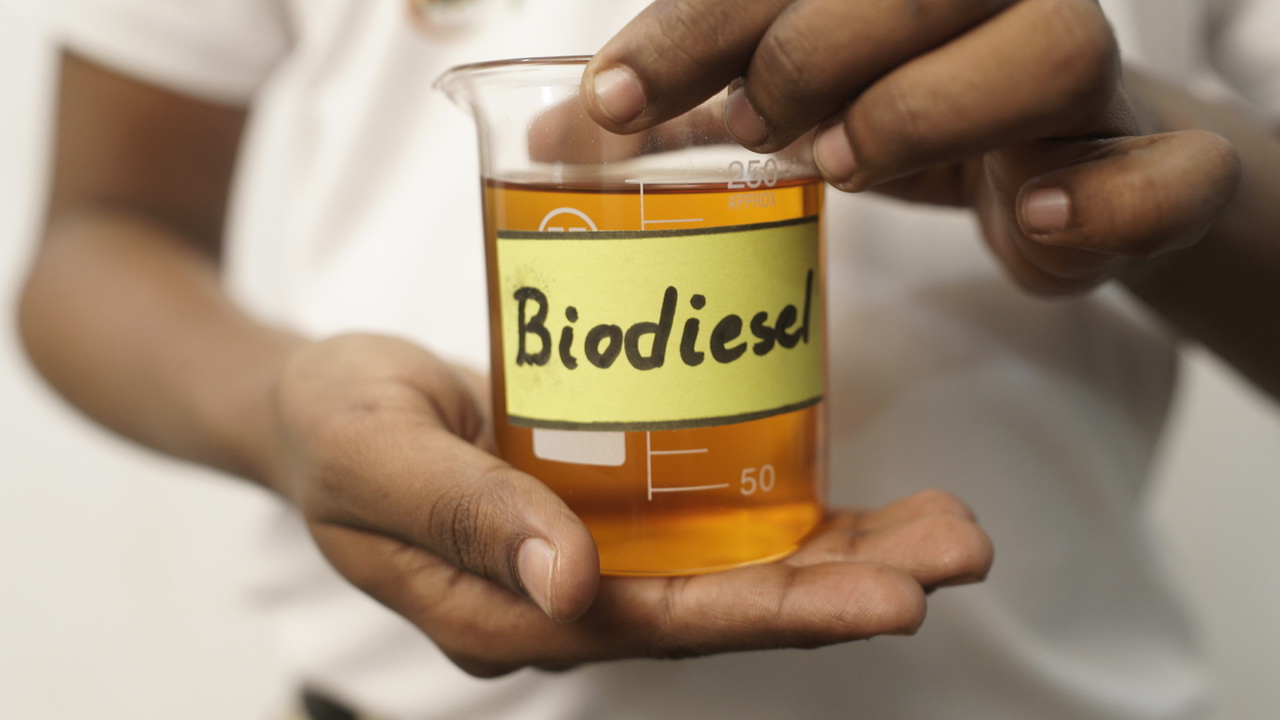 SMART Energy Consumption
Smart Tech, Cleaner Earth: Leading the Way in Energy Efficiency and Emission Reduction
SMART Energy Consumption
Smart Tech, Cleaner Earth: Leading the Way in Energy Efficiency and Emission Reduction

Challenges
Part of Bangladesh's Aspire to Innovate (a2i) program, the Innovation Lab (iLab) is dedicated to increasing energy efficiency and reducing carbon emissions amidst the country's adoption of Fourth Industrial Revolution (4IR) technologies. iLab addresses the challenge of reducing carbon emissions by focusing on renewable energy sources and energy-efficient solutions. iLab focuses its efforts on contributing to Sustainable Development Goals 7 (Affordable and Clean Energy) and 13 (Climate Action), aiming for a sustainable and eco-friendly future in Bangladesh.
Towards a Solution
iLab, a technology-focused organization in Bangladesh, has been actively working to address the challenge of reducing carbon emissions and promoting energy efficiency in various sectors. One of their notable achievements is the development of energy-efficient solar-powered multimedia classrooms in collaboration with local solution providers. These classrooms, designed to meet the increasing demand for multimedia education, have been successfully implemented in over 300 schools across Bangladesh. The goal is to expand this initiative to reach thousands of schools in the future, as it offers a renewable energy-based solution that can adapt to areas with frequent power outages. Careful selection of the solar panel locations ensures adequate electricity generation.
Another approach taken by iLab involves converting used cooking oil into biodiesel. Recognizing the significant amount of used cooking oil generated by the food industry, iLab collaborated with a local innovator to develop a mechanism for converting this waste into biodiesel. By utilizing biodiesel instead of fossil fuels for energy generation, the dependency on non-renewable resources is reduced, leading to lower carbon emissions. Since used cooking oil is abundantly available, there are no concerns about raw material scarcity. Additionally, the production equipment requires minimal space, allowing the implementation of biodiesel production almost anywhere in Bangladesh. Locating production plants near diesel pumps can also result in cost savings. However, it is crucial to ensure that these plants are in proximity to testing facilities to maintain the quality of the biodiesel produced.
In remote areas such as the Chittagong Hill Tracts (CHT), iLab has addressed environmental challenges related to inefficient cooking stoves. In these regions, women suffer from health issues due to harmful gas emissions from traditional stoves. iLab developed an improved cooking stove that is fuel-efficient and emits fewer harmful gases. Local residents were trained to construct these stoves using locally available materials, empowering them to continue producing and using the improved stoves independently. This approach can be replicated in other remote areas, assuming the necessary local materials are readily available.
Recognizing the adverse environmental impact of the transportation sector, iLab has been entrusted by the Bangladeshi Government's Cabinet Division to develop the electric vehicle (EV) ecosystem. As the second-largest contributor to greenhouse gas emissions in Bangladesh, the transportation sector presents an opportunity for innovation. iLab is actively involved in various aspects of the EV ecosystem, including battery technology, battery management systems, charging stations, low-carbon vehicles, and vehicle quality monitoring systems. Moreover, iLab collaborates with government organizations to develop policies that promote a greener economy in the transport sector.
To further drive innovation in the energy and environment sector, iLab is establishing a Research Innovation Center (RIC) in collaboration with academia and the private sector. The RIC aims to develop replicable and adoptable innovations that cater to the requirements of multiple stakeholders. This multi-stakeholder collaboration ensures the robustness of the solutions and allows for a greater reach to communities throughout Bangladesh.
By focusing on the challenges associated with the adoption of Fourth Industrial Revolution (4IR) technologies, iLab strives to create a greener future, foster innovation, and promote sustainable practices in various sectors of the Bangladeshi economy.
Contact Information
Countries involved
Supported by
Implementing Entities
Project Status
Project Period
Primary SDG
Primary SDG Targets
Secondary SDGs
Secondary SDG Targets
Similar Solutions
| NAME OF SOLUTION | Countries | SDG | Project Status | |
|---|---|---|---|---|
360-Degree Awareness Tool to Fight COVID-19 Raising awareness and ensuring public wellbeing through a one-stop platform for fighting COVID-19 in Bangladesh |
Bangladesh | 16 - Peace and Justice Strong Institutions | Ongoing | View Details |
A-Card Initiative |
Bangladesh | 10 - Reduced Inequalities | Completed | View Details |
Accelerating Digital Transformation in All Ministries in Bangladesh Promoting the rapid design and implementation of plans to digitize all ministries and subordinate government institutions in Bangladesh |
Bangladesh | 10 - Reduced Inequalities | Ongoing | View Details |
Accelerating the Transformational Shift to a Low-Carbon Economy in Mauritius Towards supplying 35 percent of the country’s energy needs with renewables by 2025 |
Bangladesh | 05 - Gender Equality 09 - Industry, Innovation and Infrastructure 13 - Climate Action | Ongoing | View Details |
Accelerator Labs Network Following collective intelligence methods to address emerging sustainability challenges and the growing demand for local solutions |
Bangladesh | 08 - Decent Work and Economic Growth 13 - Climate Action | Ongoing | View Details |
